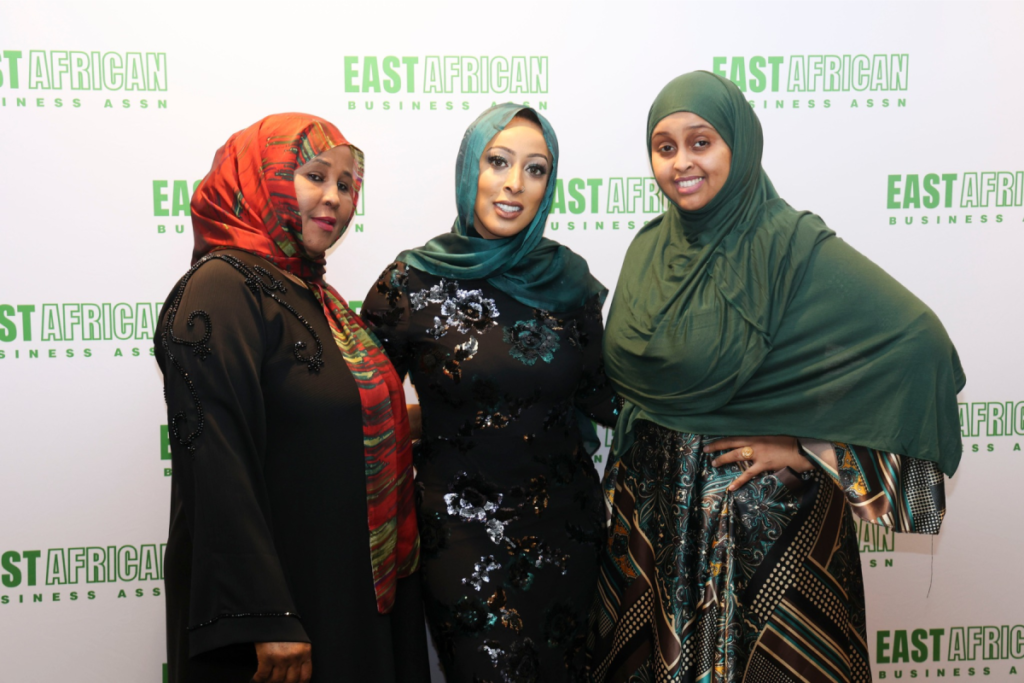- East African Business Association objectives revolve around industry-specific training in healthcare, transportation, technology and retail.
- According to the African Development Bank, 22 percent of Africa’s working age are venturing into alternative business.
- According to EABA, the US-based community primarily originated from Somalia, Ethiopia, Eritrea, Djibouti, and Kenya.
Investors looking for opportunities in the region can bank on the East African Business Association (EABA) for an informed guidance on how to navigate the terrain in different economies. Already, the entity’s zeal, hard work, and willpower have positively impacted entrepreneurs of African origin from Minnesota seeking growth opportunities.
EABA is now gearing up to provide even better environment for Africans seeking to explore international business opportunities.
The journey of the East African Business Association
For decades, Africa has been known for having one of the most innovative and creative minds in various industries. The continent has the highest entrepreneurship rate setting the pace for economic growth. According to the African Development Bank, 22 percent of Africa’s working age are venturing into alternative business. According to AfDB, 27 percent of Africa’s female population are actively engaged in running startups. Its vast potential has earned it the world’s highest entrepreneurship rate.
Due to this, numerous number of businesses owned by people of African origin are seeking new opportunities and are venturing into hitherto unchartered waters. Amani Radam, CEO of the Minneapolis-based East African Business Association, is harnessing this trend and seeking to enable fellow entrepreneurs grow.
Read also: Kenya: EA Limited to develop $250 million affordable houses in DRC.
Amani hatched the idea while attending conferences and training sessions during her work as a logistics broker. During this time, she came up with a concept that would offer similar experiences, educational services and training to East African business owners. And it is this plan that is helping spur EABA’s development and growth.

Interconnection among EA business owners
Paul had spent years as a business consultant for African entrepreneurs internationally. He educated his clients on the diverse business regulations, compliance issues and real estate investments in foreign lands. His work had significantly aided EA business owners steadily in establishing themselves without any cumbersome regulations issues. However, his work only served a small fraction of the International EA community.
According to Amani, forming the East African Business Association was not another project but an obligation to her community.
Amani and Paul collaborated and launched the East African Business Association with an April 29 gala. Their main objectives revolve around industry-specific training in healthcare, transportation, technology and retail. According to the founders, most EA business owners commonly venture into the industries, and providing the necessary training would significantly propel their skills and know-how.
Empowering EA business owners
The EABA official website states their first training will commence in July. Amani said the first session would mainly revolve around the trucking and healthcare industry, representing most of the international EA community. The association has invited skilled personnel enough to cater to the unique population.
Read also: Kenya: Centum Investment subsidiary sells out homes worth Sh1.5bn.
In the US state of Minnesota alone, there are at least 85,000 East Africans. About 3,000 of them have established self-employed businesses that cater to the Minnesota community. They mainly focus on providing food, products and services that diversify the state’s culture and contribute the economic prosperity.
According to the EABA, the community primarily originated from Somalia, Ethiopia, Eritrea, Djibouti, and Kenya. As a result, both Amani and Jaeb would only focus on benefiting the international EA community rather than being a chamber of commerce. Jaeb said, “Our focus is 100 percent economic. Chambers tend to get involved in many policy discussions, and they might get involved in politics, and that’s not our mission.”
Aside from providing industry-specific training, the association will offer free legal clinics to their members and network events. Doing this will broaden the minds of African businesses, allowing them to venture into other markets and industries without fear of violations. Amani says that EABA hopes to survey the EA business owners by accurately estimating the number of businesses in other countries.
Backlash from investigators
Unfortunately, the East African Business Association has faced several setbacks the recent being federal food-aid fraud centered around Feeding Our Future. According to authorities, a significant number of suspects were EA business owners.
Sources have stated that the suspects stole at least $250 million from government funds spending it on real-estate and luxury goods. The government intended the funds to aid their community and feed underprivileged children.
Read: Small businesses, young entrepreneurs critical to AfCFTA success
Unfortunately, due to bad press, many have taken a rather hostile approach to African enterprenuers, fearing they’re involved in fraud. Amani notes that her team has innovative entrepreneurs keen on impact their communities positively.
As fate would have it, ongoing investigation have hindered their operations. Minneapolis Mayor Jacob Frey and US Representative Dean Phillips attended the April Galla to support the EA business owners. In the event, Hudda Ibrahim of St. Cloud’s Diverse Voice Press was a guest speaker advocating for their progress and vision.











